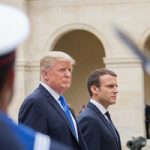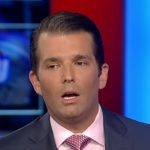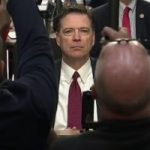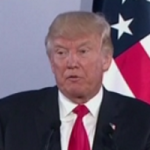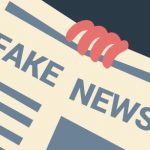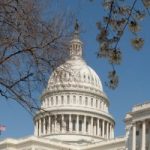President Donald Trump emphasized that an attorney who met with his eldest son in 2016 was a “Russian lawyer” and “not a [Russian] government lawyer.” That may be true, but Donald Trump Jr. had agreed to sit down with a “Russian government attorney,” according to his emails.
Donald Trump Jr.’s Evolving Statements
We now know that Donald Trump Jr., during the presidential campaign, met with a Russian lawyer offering information that was “part of Russia and its government’s support for Mr. Trump.” And we now know that the president’s eldest son was less-than-forthcoming in his previous statements on the issue.
